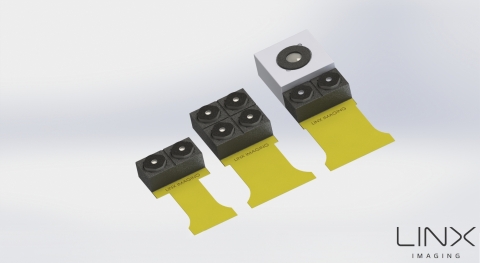Apple acquires Israeli firm specializing in multi-module cameras for phones
posted Tuesday, April 14, 2015 at 3:46 PM EDT

The Wall Street Journal has confirmed Apple’s (estimated) $20 million purchase of Israel-based camera technology company LinX Computational Imaging.
The significance in this acquisition is the unique mobile imaging technology LinX has developed and that Apple may soon begin to utilized. Detailed in a press release, the technology is said to dramatically improve image quality through the use of a multi-module camera array.
This isn’t the first time this sort of technology has been tested, but LinX is confident their solution rids the resulting images of the artifacts and issues present in similar technologies. Specifically, LinX states in the press release:
The engineers at LinX have solved all problems associated with combining multiple images captured from different points in space such as registration errors and occlusion related artifacts which are seen on competing technologies.

LinX currently has a collection of cameras, which range from two to four cameras in various configurations and sizes. LinX lays out a few of the advantages of this setup over traditional mobile cameras:
- A larger sensor requires a longer lens. Therefore, by replacing one large sensor with two or more smaller units, we reduced the height of our device by a factor of 1.4 to 2
- Sensitivity to light increases by a factor of 3 by using a monochrome sensor
- Noise levels are dramatically lower
- The effective array camera resolution is similar to the single aperture camera in high light
- Performance and image quality in low light are extraordinary
- Allowing a fast exposure at indoor standard lighting conditions of 100–200 lux which assures crisp images free from motion blur
- The multi-aperture camera creates a real-time, high-quality distance map
It’s unlikely we’ll see the technology in the next iteration of iPhones, but Apple doesn’t swipe up a company without intentionality.
(via 9to5Mac)